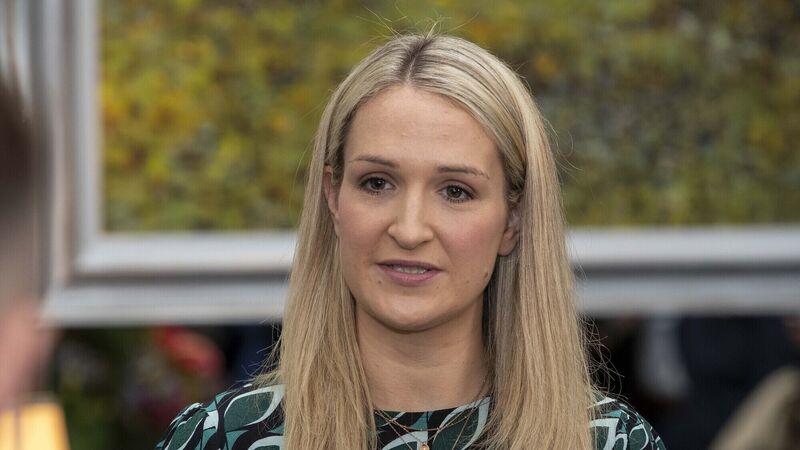Irish Examiner view: Should we be wary of facial recognition technology?

Helen McEntee, the justice minister: Facial recognition technology will be used to analyse CCTV footage for suspects in serious crimes or to identify missing persons. Picture: Conor Ó Mearáin













